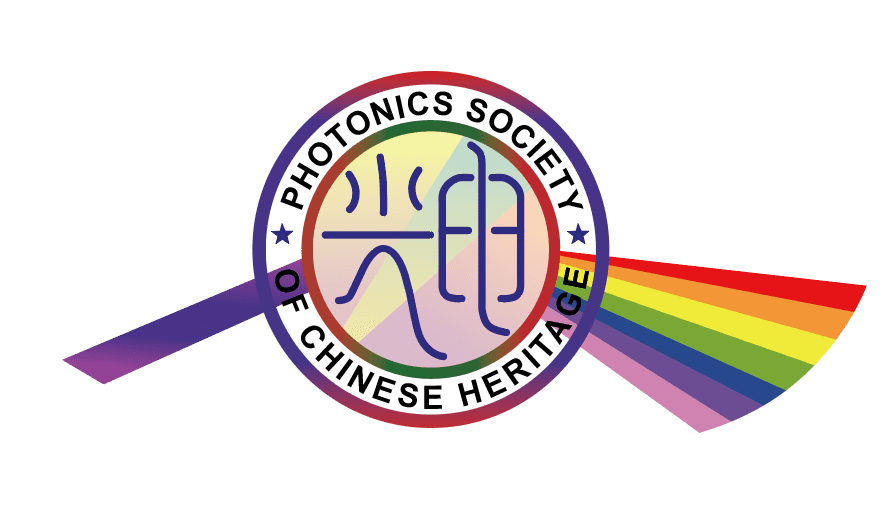Data Center Technology at the Crossroads
2023 PSC Annual Conference and Workshop
Photonics Society Of Chinese Heritage (PSC)
中華光電學會
- March 8th, 2023 (Wednesday) 5:00pm to 7:30pm PST
- In-person conference in OFC week (Room 15B)
- Free
Workshop description
Data center technology is entering a time of great change. After many years of headlong growth, the impetus for continued rapid progress is even stronger but there are now also unprecedented new options for direction. This workshop will explore a few of the most impactful roadmap choices the industry will have to make in the next three to five years.
- Datacenter coherent: It is well accepted that coherent technology will spread to shorter and shorter reaches. Yet there are still issues to be debates as to exactly how different datacenter coherent can be from well-established long-haul coherent to hit target power and costs. Is O-band different enough? What exactly is coherent-lite?
- Direct-drive optics: Perhaps the most startling new direction, a return to unretimed optics would be a complete turn-around from the historic trend to put more powerful DSP in the optics. What needs to be done instead and can it really extend to higher speeds like 200Gbps?
- CPO/NPO/Chiplets: Until now, the electrical links inside the box to the optics have been so robust that the optics has been allotted most of the error budget for the link. Suddenly, at 200Gbps the electrical links are struggling. Can optics do more than box-to-box connections? Can optics alleviate the interconnect problems inside the box as well?
- Thin-film Lithium Niobate: The historical direction has favored semiconductor materials and semiconductor style integration for all components, even favoring CMOS at the expense of III-V performance. TFLN revives a non-semiconductor material with new performance benefits and semiconductor-style processing. But what are the implications for integration with components other than modulators? What is required in investment to support an additional material in the ecosystem?
Registration & Social Networking (30 min)
Opening talk (15 min)
PSC Tingye Li Memorial Scholarship Announcement (15 min)
Panel Presentation & Discussion (70 min)
Closing Remark (15 min)
Dinner Gathering
Panel Speakers
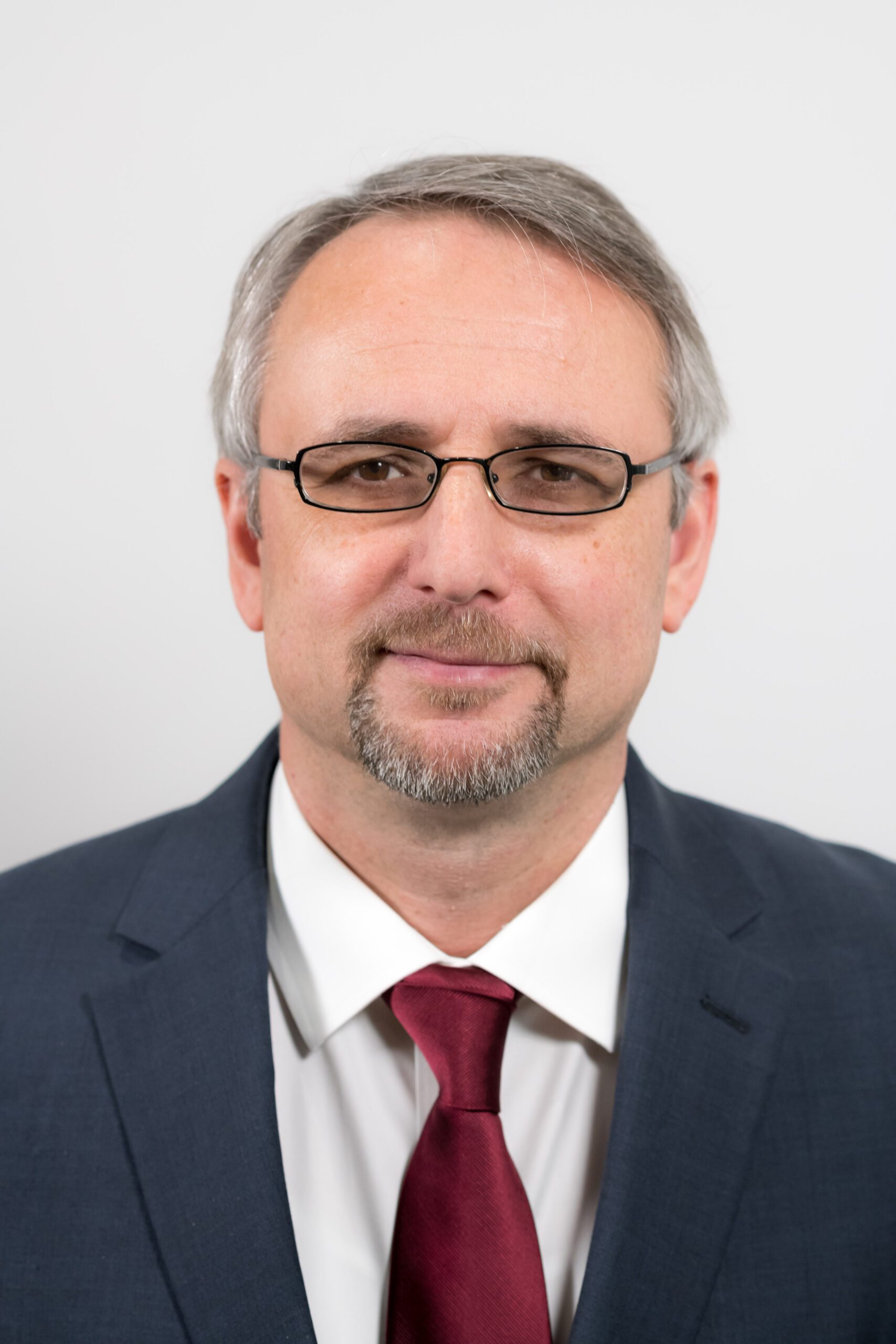
Dr. Vlad Kozlov
"State of the industry and the new Cambrian explosion"
Founder and CEO, LightCounting Market Research
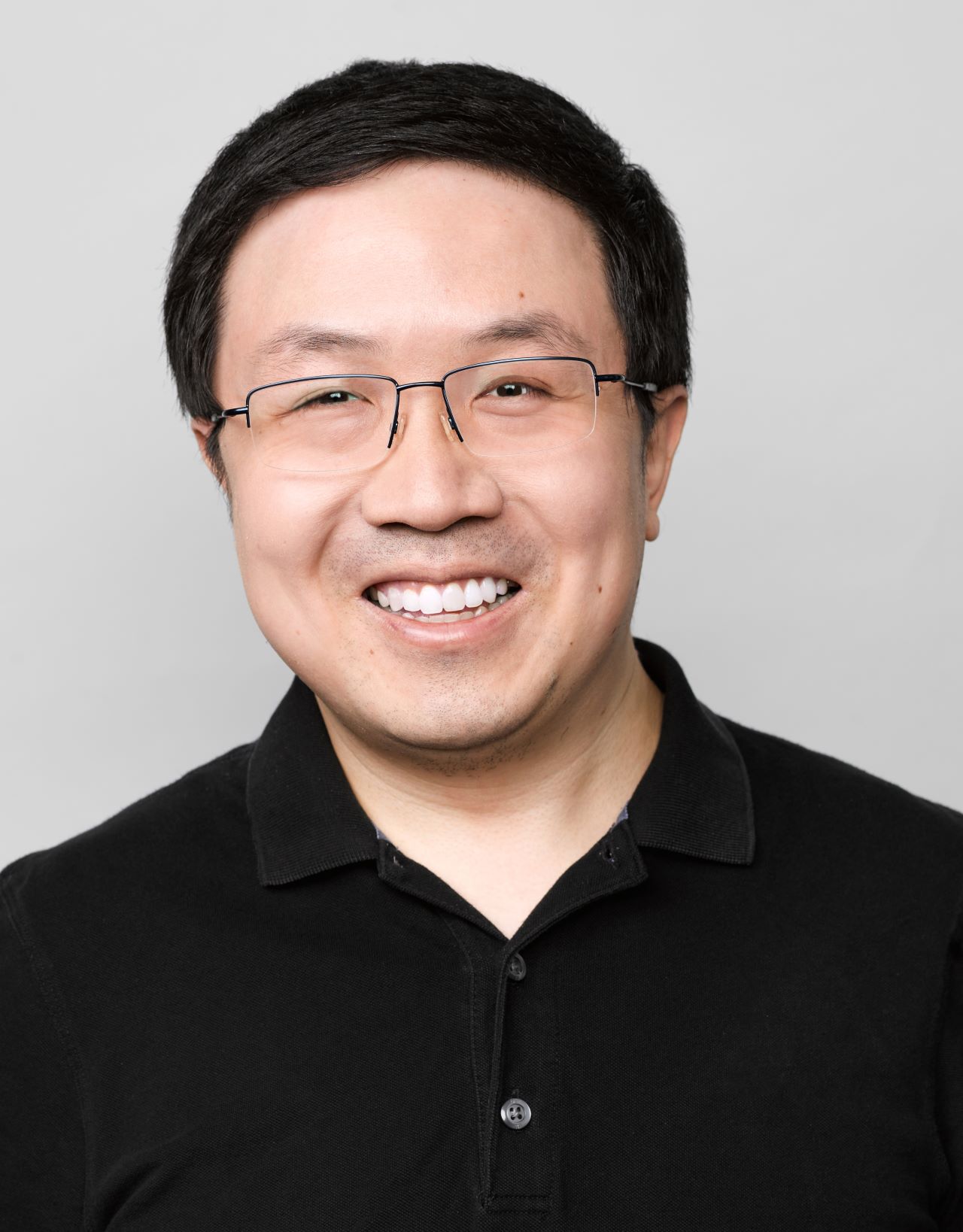
Dr. Mian Zhang
"Progress of thin-film lithium niobate PIC technology"
Founder and CEO, Hyperlight
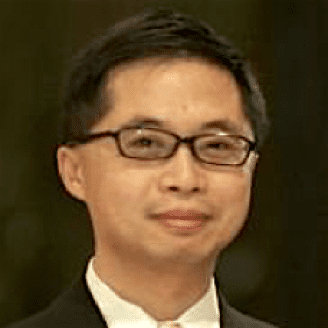
Dr. Cedric Lam
"The Next Generation Datacenter Optics: Coherent or IMDD"
Principal Engineer, Google
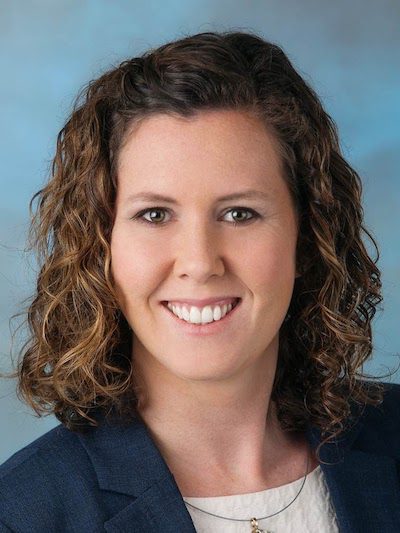
Dr. Rebecca Schaevitz
"The Escape Density Solution: Silicon Photonics Chiplets in Package"
PLM and Principal Engineer, Broadcom
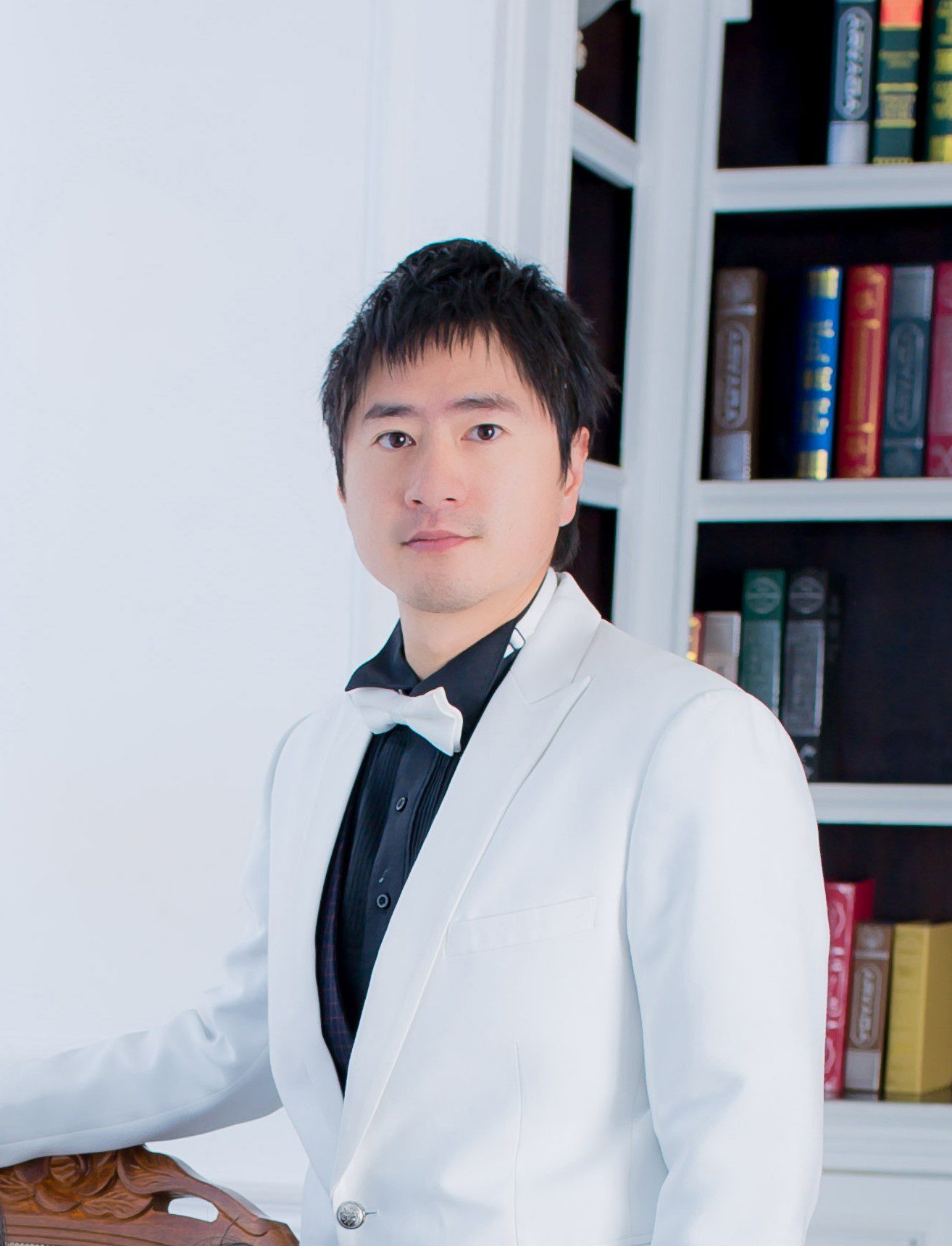
Mr. TingChiun(Tim) Lin
"CPO in system"
Director of Solutions Engineering, Ragile
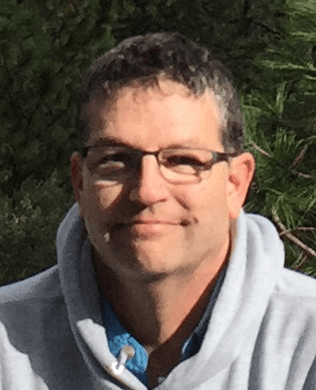
Dr. David Piehler
"Linear, direct-drive, un-retimed pluggable optics – Too good to be true?"
Distinguished Engineer, Dell
Photonics Society of Chinese Heritage (PSC) is a nonprofit organization dedicated to promote friendships and collaborations among Chinese American engineers and scientists in the field of photonics so that they can enhance their professional and business contributions for better quality of life in this fast changing world.
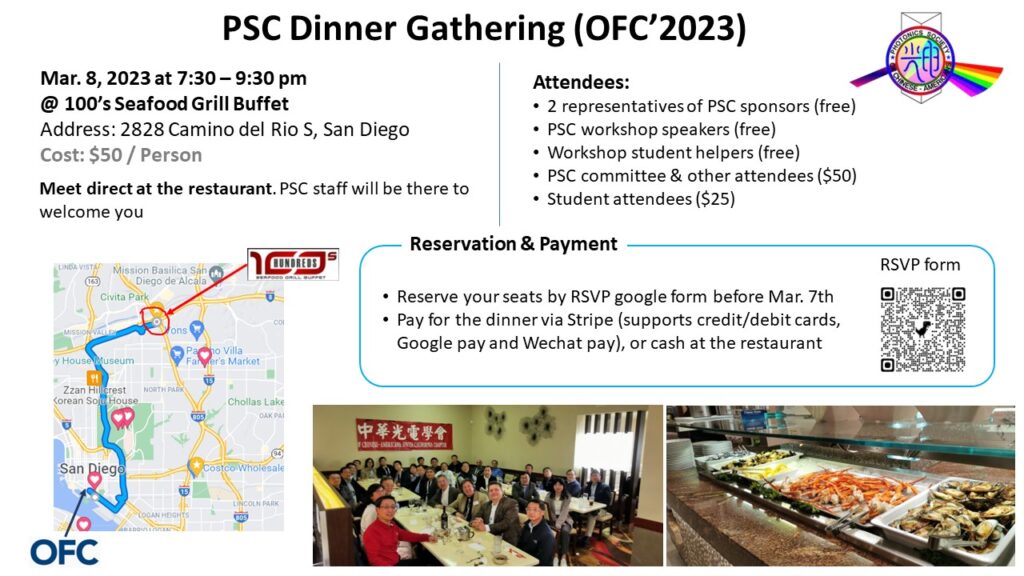
About PSC
We aim to expand memberships to all individuals interested to promote profession and business in the field of photonics.
Get Involved
Follow Us
Get Involved

